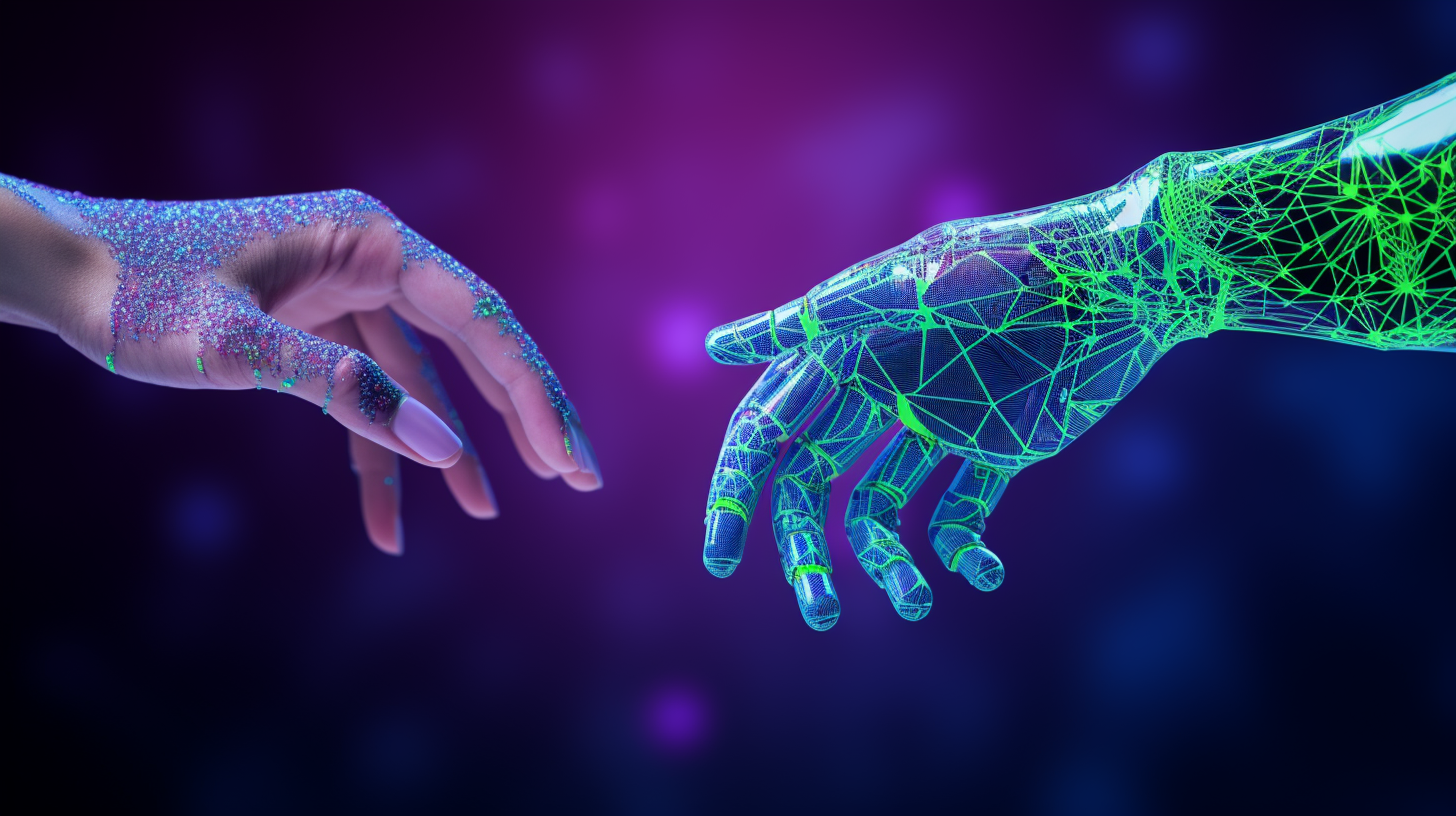The Future of AI in 2030: Transforming Our World
As we look towards the year 2030, the future of artificial intelligence (AI) is poised to transform our world in profound and remarkable ways. The rapid advancements in AI technology over the past decade have laid the groundwork for an AI-powered future that will redefine nearly every aspect of our lives.
By the year 2030, AI will have become deeply integrated into the fabric of our society, revolutionizing the way we work, learn, communicate, and even make decisions. The capabilities of AI systems will have expanded exponentially, allowing them to tackle increasingly complex problems with superhuman speed and accuracy.
One of the most significant areas of AI development will be in the realm of machine learning and neural networks. These advanced algorithms will enable AI systems to learn and adapt on their own, constantly improving their performance and decision-making abilities. This will lead to breakthroughs in fields such as healthcare, where AI-powered diagnostic tools will be able to detect diseases with unparalleled precision, and in scientific research, where AI will accelerate the pace of discovery and innovation.
In the workplace, AI will transform the nature of work itself. Intelligent automation will take over a wide range of routine tasks, freeing up human workers to focus on more creative and strategic endeavors. AI-powered virtual assistants will become ubiquitous, handling scheduling, communication, and data analysis with remarkable efficiency. This shift will require a significant rethinking of education and workforce development, as we prepare the next generation to thrive in an AI-driven economy.
Beyond the workplace, AI will also revolutionize our daily lives. Smart home technologies powered by AI will optimize energy consumption, manage household chores, and even anticipate our needs. Autonomous vehicles will reshape the way we commute and travel, reducing traffic congestion, accidents, and environmental impact. AI-powered personal assistants will become our constant companions, providing personalized recommendations, scheduling support, and even emotional companionship.
Of course, with the unprecedented power of AI comes a host of ethical and societal challenges that will need to be addressed. Issues around data privacy, algorithmic bias, and the displacement of human workers will require robust governance frameworks and ongoing public discourse. Balancing the benefits of AI with its potential risks will be a critical priority for policymakers, technologists, and the general public.
As we look towards the year 2030, the future of AI holds both immense promise and sobering responsibility. The decisions we make today will shape the kind of world we inhabit tomorrow. By embracing the transformative potential of AI while thoughtfully managing its ethical implications, we can harness this powerful technology to create a better future for all.

